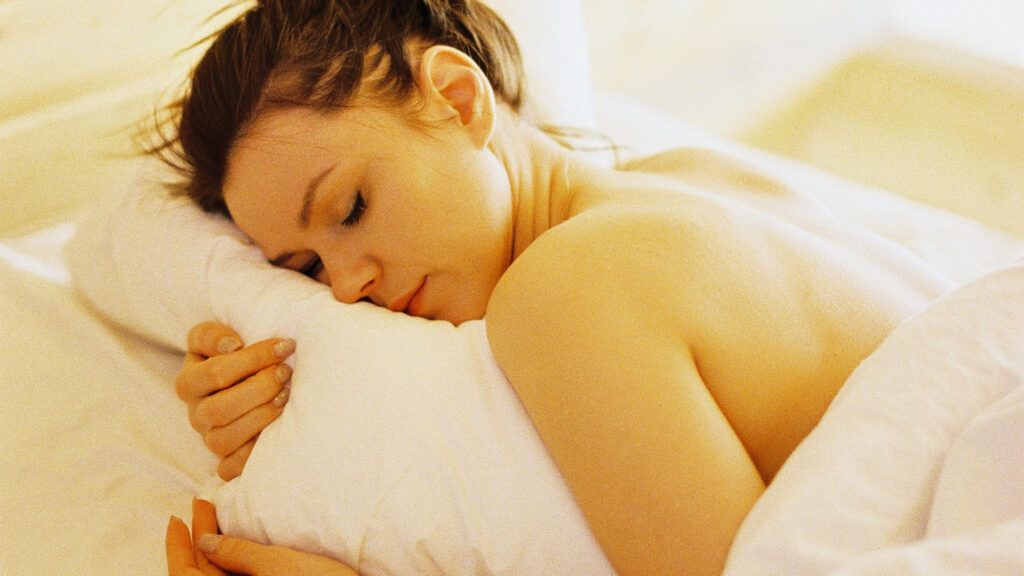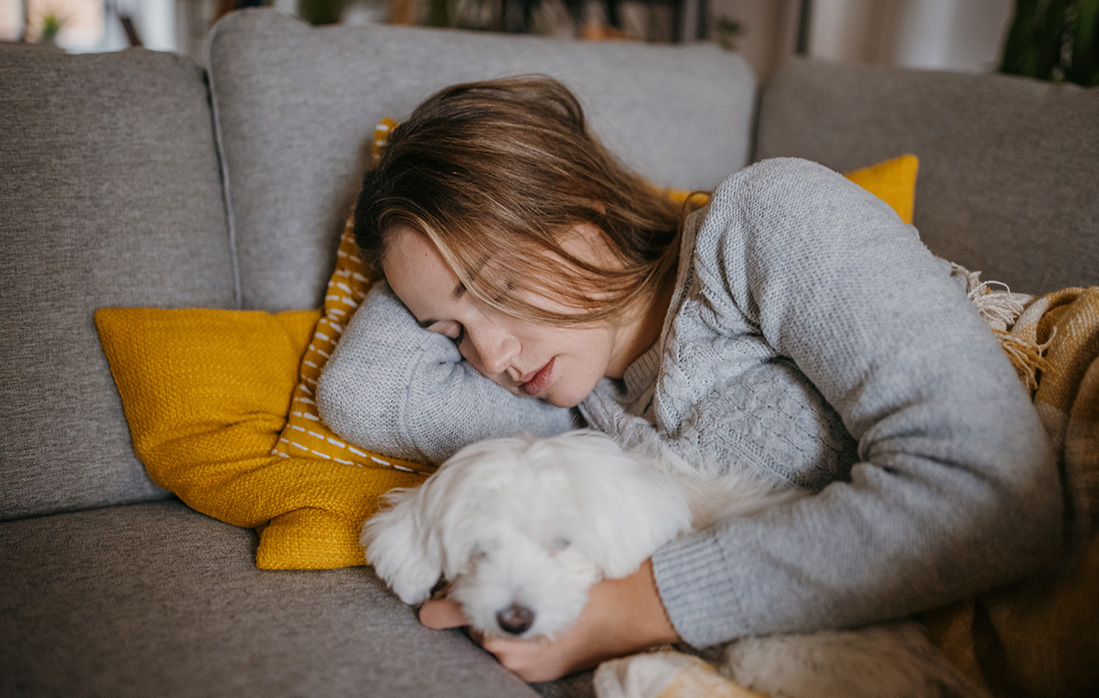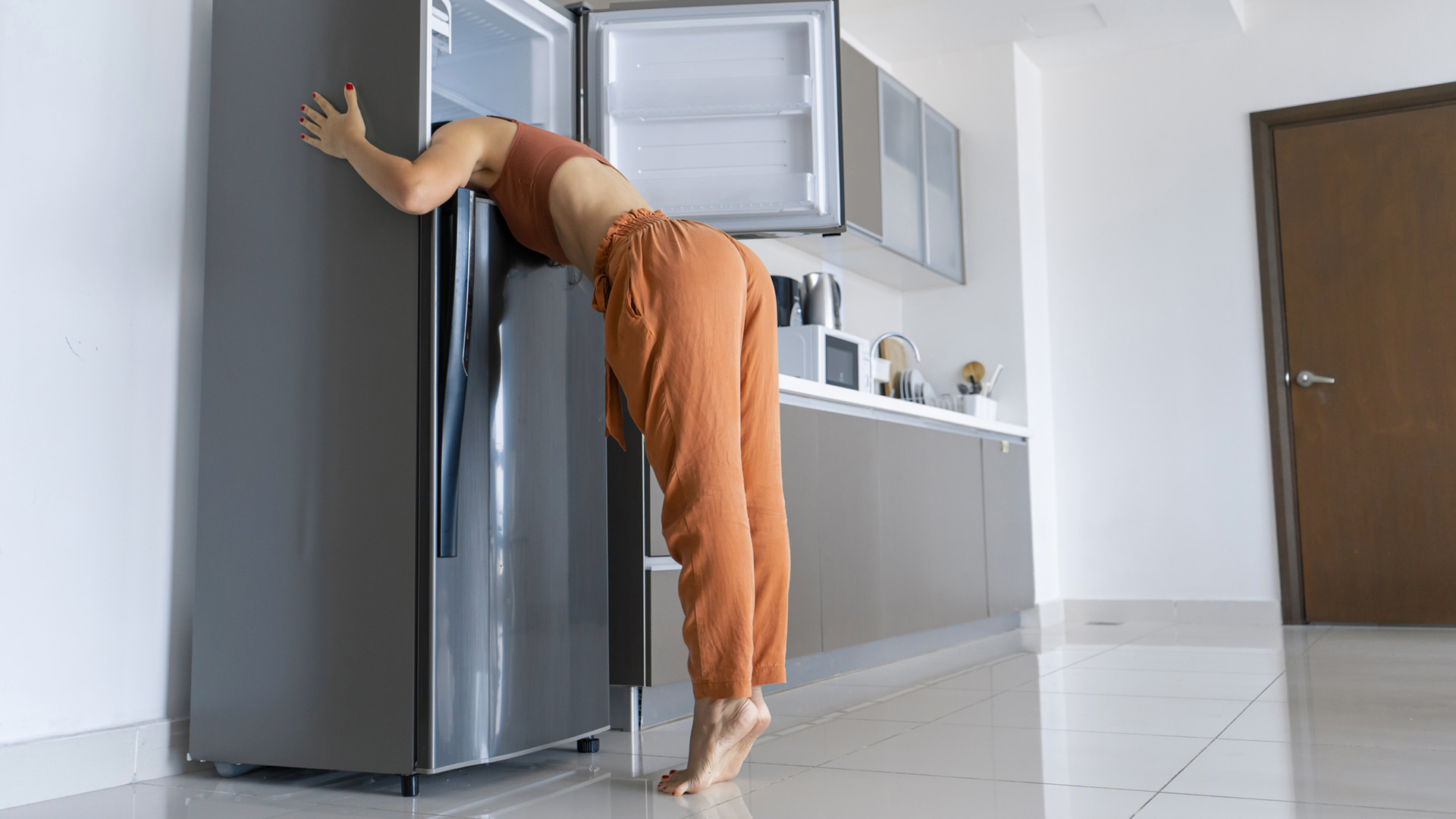
The summer of 2024 is one for the record books — folks from coast to coast battled a searing month-long heatwave, and we’re still in the thick of the dog days of summer. With temperatures rising into the 90s and peaking in the triple digits, most of us are feeling the heat. And while we might be able to adjust the goings-on in our daily life to get by, sleeping comfortably is easier said than done.
If you’re one of the many looking for relief, Sleepopolis recently caught up with sleep specialist and pediatrician Dr. Angela Holliday-Bell for some answers to our burning questions about beating the heat to get some sleep.
What Happens to Your Body Temperature When You Sleep?
When you sleep, your body temperature decreases, on average, by one or two degrees. Some people may even have a three-degree drop. The drop in your body temperature signals to your body that it’s time to transition to sleep. As you get into the early morning hours, your body temperature begins to rise again. This is its signal to release cortisol and wake up.
Why Is It So Hard to Sleep in the Heat?
The drop in our body temperature at night is something our body naturally goes through, but environmental temperatures may affect our body’s ability to do that efficiently. If your environment is hot or your room is hot, it can cause an increase in your body temperature sooner than it would in a cooler climate. Ultimately, that signals your body to remain alert and awake.
The TLDR: Thermoregulation during sleep is important. A cool environment facilitates the drop in your body temperature you need for quality sleep, and it’s hard to fall asleep and maintain that sleep if your environment is hot.
What’s the Ideal Room Temperature for Sleep?
The ideal room temperature for sleep is somewhere between 62 F and 67 F, and that is based on someone who has an average body temperature of 98.6 degrees. Some people hear that number, and they’re going to freeze. If that sounds like you and you think it might be too cold, start by lowering your comfortable daytime temperature by 2 to 3 degrees before bed and go from there. You want to be cool but not uncomfortable while you sleep; that’s not good either.
Is Sleeping Naked a Good Way to Beat the Heat?
Yes, it actually is. Sleeping in your birthday suit is generally a very healthy way to sleep — if you’re comfortable doing it. Sleeping naked during a heatwave is one way to stay cool because you don’t have extra fabric on your body that may be trapping heat. If you’re uncomfortable sleeping naked, you could opt for lightweight fabrics like cotton, linen, or bamboo, but it’s totally reasonable and beneficial to sleep in the nude.
Should We Skip the Blanket?
Sleeping with a blanket is a learned behavior starting from infancy and childhood. Most people end up creating what’s known as sleep association blankets — you associate your blanket with sleeping even though there’s no inherent need for it. If you feel open and vulnerable without a blanket, you don’t necessarily have to give that up when you’re trying to sleep during a heatwave. This is important because, for some people, it’s such a strong sleep association that doing so would interfere with their sleep. Ultimately, they would end up trading one problem for another.
You can keep your blanket, but the key is to use light, breathable fabrics like bamboo or linen. There are also a lot of bedding lines that make cooling blankets and cooling sheets that help dissipate the heat to help you stay cool throughout the night. In the absence of central air, they might be a good investment.
What’s the Best Way to Drop Your Core Body Temperature?
One of the best ways to drop your body temperature is to take a warm shower or bath before bedtime. Many people do this out of habit, but they don’t realize that it can also help them beat the heat. Taking a warm shower or bath before bedtime causes your blood vessels to open up (vasodilation). When that happens, it dissipates the heat, decreases your body temperature, and helps you get some sleep in the heat.
Daytime Heat Can Make Us Drowsy – Is It Okay to Give into an Afternoon Nap?
It depends — a nap can be beneficial if taken responsibly. If you want to nap, make sure it’s a power nap. That’s a nap that’s no longer than 15 to 30 minutes, taken early in the day, preferably before 3:00 P.M. Power naps can help increase your energy and boost mental clarity and motivation, but you want to make sure that your naps don’t steal from your sleep drive. It’s okay to take a nap as long as you stick to these guidelines.

“Sleepy Sorbet” Is Everywhere, But Does It Work? I Tried It Out Myself

Are Naps Bad For You? Study Links High Blood Pressure, Stroke Risk to Daytime Snoozing
